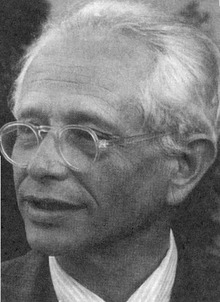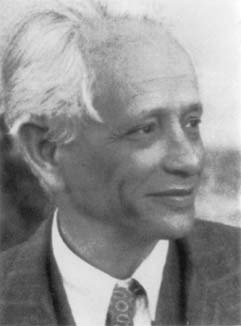

Max Dehn Seminar
on Geometry, Topology, Dynamics, and Groups
Fall 2025 and Spring 2026
LCB 323
Wednesdays at 3:15 pm
| Date | Speaker | Title click for abstract (if available) |
|---|---|---|
| FALL SEMESTER | ||
| August 20 |
Name
Name of Institution |
Abstract
|
| October 8 | No seminar, Fall Break | |
| November 26 | No seminar, Thanksgiving |
Archive of past talks
You may also be interested in the RTG Seminar
Max Dehn Seminar is organized by Mladen Bestvina, Eli Bashwinger, Ken Bromberg, Jon Chaika,
Priyam Patel, Noy Soffer Aranov, Rachel Skipper, Domingo Toledo, Kurt Vinhage and Kevin Wortman.
This web page is maintained by Rachel Skipper.
